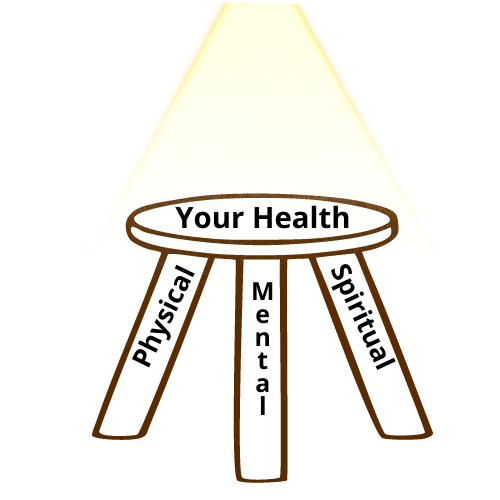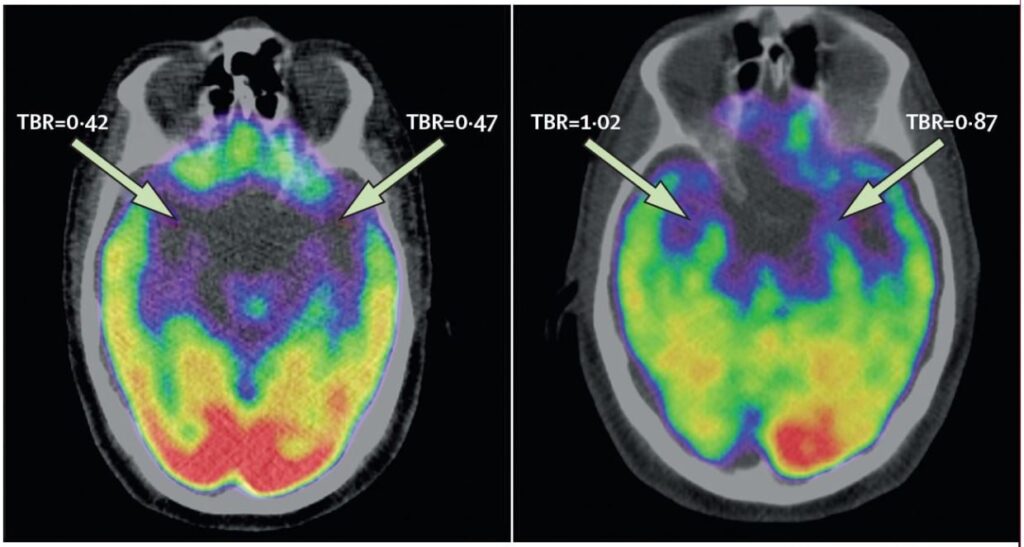With today’s medical research, it seems like a new discovery is happening each week. Seriously, in the past year doctors have seen breakthroughs in everything from transplanting organs (1) to pairing your phone with your pacemaker (2).
But with all our research efforts, there are still many unanswered questions when it comes to how we function beyond our basic anatomy or biochemistry. Questions that remind us that we are more complex than the sum of our parts. Questions like: Why do you feel pain from a limb that’s no longer there? (3) Why does emotional trauma grow some areas of the brain while other areas shrink? (4) Why do we sleep? (5)
When naturopathic doctors talk about “treating the whole person,” or providing “holistic” care, they are acknowledging the complexity of the whole that is more than just the sum of its parts. This complexity requires working with people as integrated beings rather than dissected body parts. Naturopathic doctors certainly don’t have all the answers either, but they know the importance of addressing body, mind, and spirit.
To illustrate this holistic approach, I like to use the Stool Example (not to be confused with…nevermind).

A person’s physical, mental, and spiritual dimensions hold up their overall health. If one leg gives out, the other two will still be there…but it won’t be a very good stool.
Since naturopathic doctors believe that the body, mind, and spirit are connected, illnesses can start from any of these areas and manifest in the others.
Did you not sleep well? I’d bet you’re mentally not at your best.
Have you ever felt a lack of purpose and spiritual fulfillment? This can lead to numerous mental and physical symptoms…depression, anxiety, weight gain/loss, insomnia, digestive upset…just to name a few.
Have you ever experienced negative thought patterns? These have been shown to physically alter the structure of your brain over time. (4)

www.nbcnews.com
“Treat the whole person,” also involves collecting pieces of a patient’s health information into a cohesive story.
We are familiar with medical specialists who focus on particular body systems…cardiologist (heart), nephrologist (kidney), endocrinologist (hormone system)….the list of “-ologists” is long. This specialty advice is very valuable. However, sometimes the forest gets lost for the trees, and there is a need for a “whole-body-ologist.” Someone who can zoom out and think through how different organ systems are interconnected. That’s what a naturopathic doctor does!

When working with a naturopathic doctor, you are asked about your physical, mental, and spiritual functioning. You share your entire health story. You make meaning of your experience in the context of who you are as a person, not a part. For after all, it is only when the complete person is considered that health can be transformed.
How have you been able to improve your wellbeing by approaching health holistically? Leave a comment below!
Citations:
(1) https://nyulangone.org/news/progress-xenotransplantation-opens-door-new-supply-critically-needed-organs
(2) https://newsroom.clevelandclinic.org/2020/10/06/cleveland-clinic-unveils-top-10-medical-innovations-for-2021/
(3) https://www.mayoclinic.org/diseases-conditions/phantom-pain/symptoms-causes/syc-20376272
(4) Siegel, D. J. (2020). The developing mind: How relationships and the brain interact to shape who we are. Guilford Press.
(5) Krueger, J. M., Frank, M. G., Wisor, J. P., & Roy, S. (2016). Sleep function: Toward elucidating an enigma. Sleep medicine reviews, 28, 46–54. https://doi.org/10.1016/j.smrv.2015.08.005

